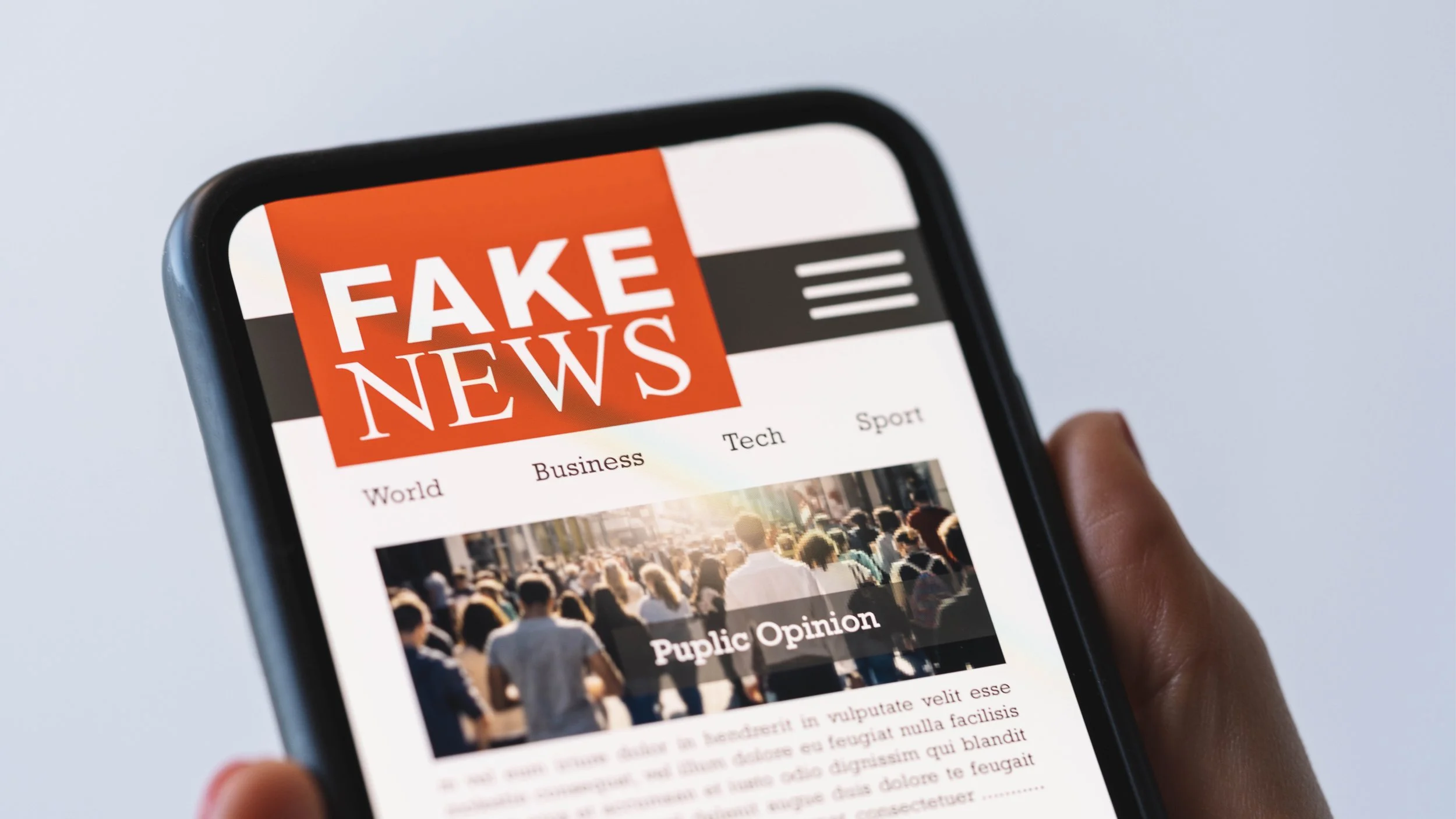THE MILLION-DOLLAR QUESTION: CAN YOU COUNTER FAKE NEWS?
Clients frequently ask me if it is possible to stop what we now know as Fake News.
If you want to define the phrase, it is really just a new way of describing information published by someone (usually on a social media channel) that is simply made up or grossly misleading.)
My answer to the question is very simple: No.
Yes, there are options of threatening legal action or complaining to regulators, but in my experience, in 90% of cases, this is a waste of time and money.
In the good old days of traditional media, legal action was a legitimate avenue of ensuring damaging news reports based on false information were corrected or taken down. That was because there was a defined and limited number of publishing news organisations through whom the broader community received its information. If there were only two newspapers in your town, it only required two letters from a lawyer to the editor of each to potentially get a result.
The social and digital media explosion has changed everything. There are now millions of “publishers” worldwide (including AI bots) and good luck trying to send a writ or legal demand to them! Likewise, as we have seen, the companies that control these social media giants are highly resistant to demands to counter fake news — even if requested by prime ministers and presidents.
So, the next question is: Can you COUNTER fake news? My answer to that is: Yes, you can.
However, there is a key principle here that needs to be understood. That is to accept that for any individual, institution or corporate entity, there is a defined (and finite) group of people who ultimately matter. To be blunt: The rest of the world can believe whatever hair-brained idea it chooses to believe about you; it is what the people that matter most to you think that really matters.
While the mainstream news media is still influential, despite losing its former power, especially in a crisis, focusing on your key stakeholders matters so much more. Whether they are parents of students at a school, retail business customers or financial services group clients.
To put it another way, while I am not arguing clients should ever ignore the media, if you only have time to do one thing in a crisis — make sure it is reaching out to your key stakeholders. Ultimately, when everyone else has moved on from the issue, which they usually do within a week or two, those whose trust and confidence you need to maintain daily matter most.
As for the keyboard warriors, yes, you need to be across what is being said about you on social media and, if necessary, post rebuttals, but this is akin to the legend of King Canute plonking his throne on the beach and trying to hold back the tide.
For more insights and ramblings on strategic business communications and marketing from JLCA Director John Le Cras, visit the JLCA Journal page.


